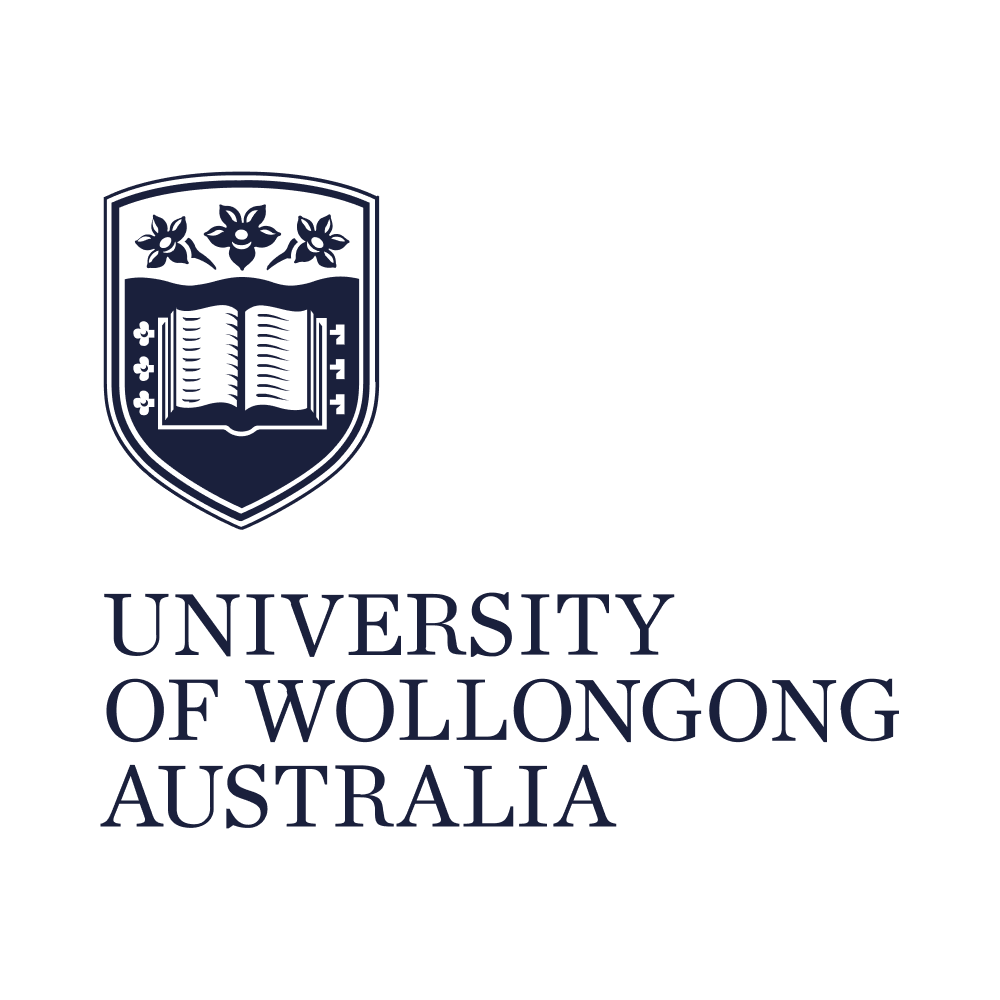University of Wollongong
Master of Financial Technology
- Delivery: Online
- Study Level: Postgraduate
- Duration: 18 months
- Course Type: Master's
Develop theoretical knowledge and practical skills related to modern technological developments in the financial sector.

Course overview
The Master of Financial Technology is aimed at students aspiring to pursue a career within the growing FinTech field covering the impact of technology and its impact on banking and the global payment systems, the insurance industry and trading in financial markets.
Throughout the degree, you will undertake subjects in data programming, information visualisation and machine learning, explore case studies, engage with industry partners and apply your knowledge in a fintech research project.
Key facts
What you will study
The Master of Financial Technology requires the successful completion of 72 credit points as specified below. Each subject is worth six credit points.
Students must complete the following 42 credit points (seven subjects) of core subjects.
- Tokenised Assets and Decentralised Finance
- Ethics and Regulation in FinTech
- FinTech Applications in Banking and Insurance
- Fintech Data Analysis and Machine Learning
- Trading and Dealing in Capital Markets
- Programming and Data Structures
- Information Visualisation and Decision Support
Capstone
Complete this capstone subject:
- Business Research Capstone
Entry requirements
Academic requirements
To be considered for this course, students must have one of the following:
- A recognised bachelor's degree with an average mark of 50 per cent.
- A UOW Graduate Certificate in Financial Technology.
Other tertiary qualifications along with extensive professional work experience will be considered.
English language requirements
For international students, the following level of English is required to gain admission to this program:
- IELTS Academic: Overall score of 6.5, with reading 6.0, writing 6.0, listening 6.0 and speaking 6.0.
- TOEFL (Internet-based): Overall score of 86, with reading 18, writing 18, listening 17 and speaking 17.
- UOW College's English for Tertiary Studies: Credit (weighted average mark of 65 overall and minimum 50 in Academic Reading and Writing)
Other qualifications may also be considered. Contact the university for more information.
Recognition of Prior Learning
The Graduate Certificate in Financial Technology is a nested degree that may be used as an exit point for the Master of Financial Technology.
For credit transfer arrangements with other Australian and international institutions, contact the university for more information.
Outcomes
Career outcomes
Graduates of a UOW financial technology degree may wish to pursue a career as an economist, finance manager, analyst programmer or utilise their digital financial literacy skills to enter the fintech start-up space.
Learning outcomes
- Apply knowledge effectively in financial technology to make informed decisions.
- Apply financial technology strategies grounded in responsible professional practice and principles of sustainability.
- Communicate complex financial technology concepts and solutions effectively in both oral and written formats.
- Collaborate effectively in diverse teams to address and resolve specific financial technology challenges.
- Propose effective technology-based solutions, employing rigorous analysis and critical evaluation.
- Reflect critically to recognise and act upon learning opportunities for continuous professional development in fintech.
- Demonstrate a global mindset in addressing diverse financial challenges in international settings.
Fees and FEE-HELP
Tuition fees in 2026: (domestic full-fee paying place)
- Session fee: $12,564
- Total course tuition fee: $50,258
Session fees are for one session per year, as shown. The total course tuition fees shown are indicative and based on the normal course length and progression.
UOW Subsidised Fees (USF)
Total indicative course tuition fee in 2026: $37,694
To make postgraduate study more affordable, where a Commonwealth-supported place is not available, UOW is offering eligible domestic students who start their studies in 2026 a subsidised fee reduction designed to support them in upskilling and progressing their careers.
A student’s annual fee may vary in accordance with:
- The number of subjects studied per term.
- The choice of major or specialisation.
- Choice of subjects.
- Credit from previous study or work experience.
- Eligibility for government-funded loans.
You may also need to pay the student services and amenities fee.
Student fees shown are subject to change. Contact the university directly to confirm.
FEE-HELP loans are available to assist eligible full-fee paying domestic students with the cost of a university course.

















